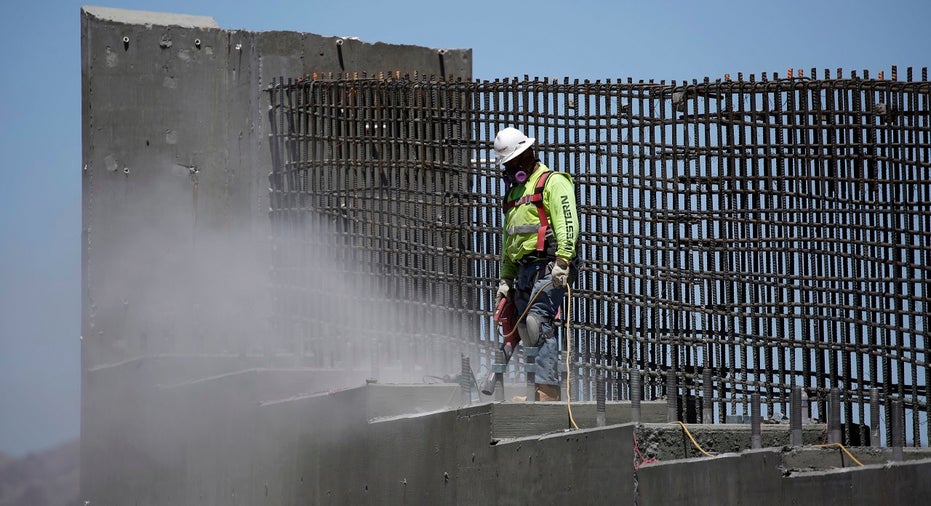Trump's infrastructure plan: Delays ahead?

The prospects for President Donald Trump to pass his infrastructure initiative before year’s end appear increasingly unlikely as the administration becomes bogged down with a slew of more pressing agenda items.
When Congress returns from recess in September, lawmakers will be faced with various must-pass items to tackle before the onset of the new fiscal year in October, including raising the debt limit and passing a budget. The GOP has also said it will pass tax reform before year’s end and will likely prioritize taking steps to stabilizing the insurance markets.
Even if Congress moves on to infrastructure after taxes, Democrats and many Republicans are skeptical that Trump can reach his goal of generating $1 trillion in infrastructure spending over 10 years if he relies on tax incentives for companies that invest in projects in exchange for the right to collect tolls or other fees and speeding up the environmental permitting process.
Trump has said he's hopeful Democrats will support his plan. Democrats say they want to work with the administration on infrastructure, but that any bill must include direct funding for projects, not merely tax credits for investors.
Trump's budget proposal submitted to Congress in May called for using $200 billion in government spending to leverage $800 billion in local and private infrastructure investment over 10 years, but didn't provide details. Trump separately proposed cutting current transportation programs, including eliminating subsidies for Amtrak's long-distance trains and for scheduled airline service to rural communities, sharply reducing grants for transit capital projects and killing "TIGER" grants for difficult-to-fund transportation projects involving multiple jurisdictions or multiple transportation modes.
A Senate appropriations panel warned in a bipartisan spending bill last month that it "strongly disagrees with the administration's assertion that providing federal dollars for infrastructure has created 'an unhealthy dynamic in which state and local governments delay projects in the hope of receiving federal funds.'" Lawmakers were quoting a White House fact sheet on Trump's infrastructure vision.
The panel also said it is "troubling" that Trump's budget proposal assumes that after fiscal year 2020, the Highway Trust Fund — which pays for most highway and transit aid — will be limited to revenue from current federal fuel taxes and other user fees. In 2015, Congress shored up the trust fund with general fund money spread over five years. Without a new source of funds, transportation aid would drop by about $95 billion over five years beginning in fiscal 2021.
Some GOP lawmakers and conservative think tanks advocate sharply reducing federal transportation aid, leaving it to states to raise money to cover their transportation needs or not.
Prospects for a bill would improve significantly, lobbyists say, if the tax bill includes proposals for raising money for infrastructure, such as a federal gas tax increase, new trucking fees or lower tax rates for companies that return profits parked overseas to the U.S.
Gary Cohn, Trump's top economic adviser, said an infrastructure bill will "come on the heels of taxes."
We hope it's this year," he told reporters recently. "We need to get taxes done between now and Thanksgiving ... As soon (as) tax comes out of the House and goes to the Senate, we'll put infrastructure in the House."
After Senate Republicans failed to agree on a repeal plan for ObamaCare in July, President Donald Trump will enter the eighth month of his presidency without any major legislative victories under his belt.
The Associated Press contributed to this report.



















